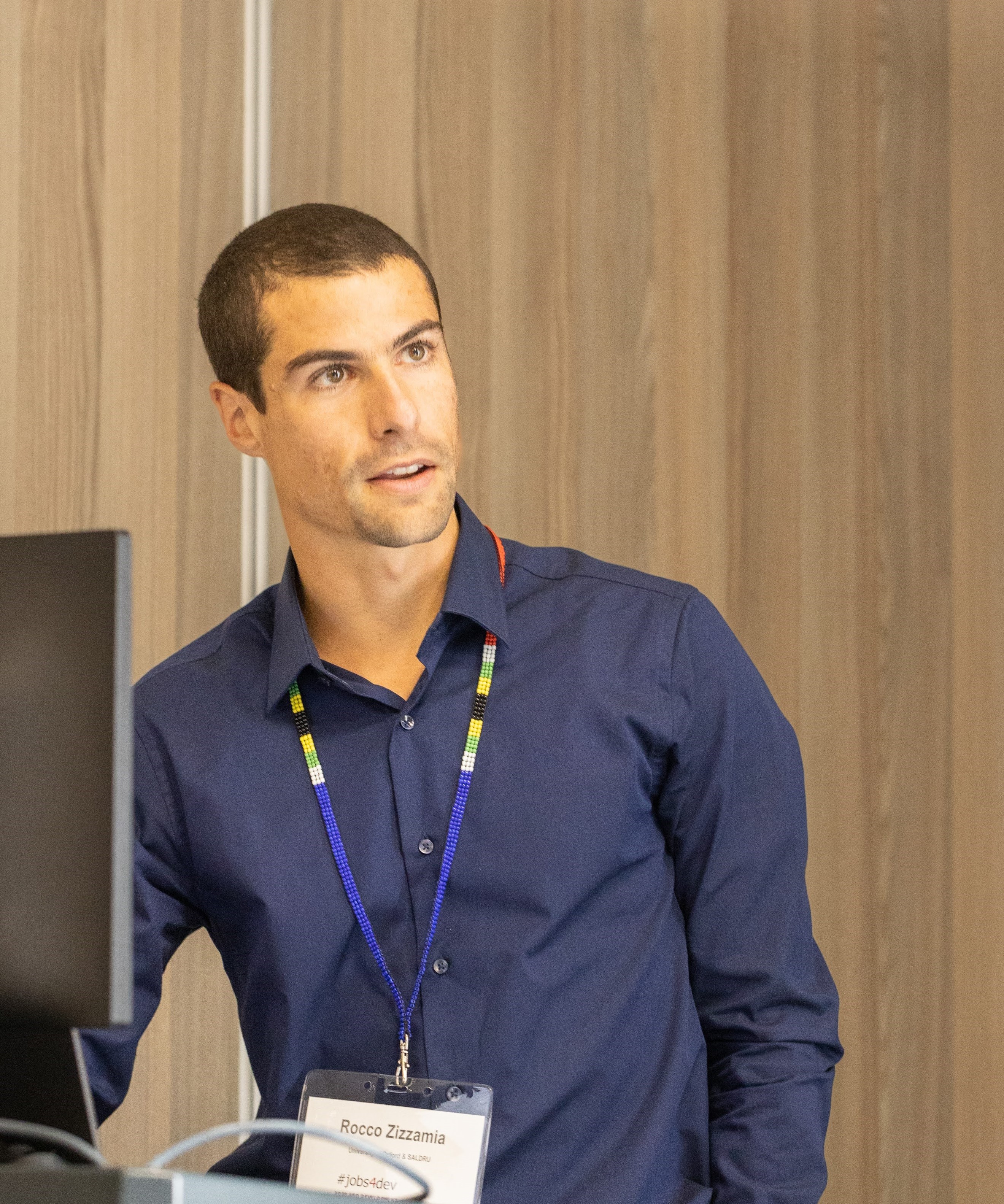Work in progress
Acting early under uncertainty: Anticipatory cash transfers in the context of flood disasters
with Stefan Dercon, Rohini Kamal, Prabhmeet Kaur Matta, Ashley Pople, Munshi Sulaiman and Hannah Timmis
Grants: J-PAL King Climate Action Initiative & Weiss Asset Management Foundation
[BL survey instrument]
Details
The project evaluates a targeted risk-informed early action pilot in response to floods in Bangladesh, testing efficacy of early warning messaging, timing of cash transfers, and data-driven innovations in targeting approaches. Through a randomized evaluation, we will target approximately 20,000 households, with some households receiving unconditional cash transfers ahead of or after a flood event. We will address two critical knowledge gaps that impede adopting early actions at scale. First, they will explore the optimal timing for delivering assistance: they will evaluate when best to act by examining how households use assistance before, during, or after a disaster. Second, we will evaluate the accuracy of data-driven approaches in targeting the most vulnerable households and the trade-offs thus incurred vis-a-vis timing.Group versus Individual Coaching for Rural Social Protection Programs: Evidence from Uganda, Philippines, and Bangladesh
Conditional Accept, American Economic Review: Insights
with Emily Beam, Lasse Brune, Narayan Das, Stefan Dercon, Nathanael Goldberg, Dean Karlan, Maliha Noshin Khan, Doug Parkerson, Ashley Pople, Yasuyuki Sawada, Christopher Udry
[NBER Working Paper | Bangladesh BL | Bangladesh EL | AEA Trial Registries: Philippenes; Uganda; Bangladesh]
Details
Multifaceted social protection programs in low-income countries often include both capital grants and informational and behavioral support on the premise that households face simultaneous and multiple frictions. To tackle informational and behavioral constraints, programs typically deploy either individual or group coaching visits from f ield agents. The relative efficacy of individual versus group coaching could provide insights into the underlying mechanism through which information and behavioral support change household decisions. However, in three similar randomized evaluations in Uganda, the Philippines, and Bangladesh, we find no differences in efficacy. Given its 15–20% lower costs, group coaching is more cost-effective.Climate Resilient Education Systems: Cash transfers and remote learning during drought
with Noam Angrist, Stefan Dercon and Nithya Srinivasan
Grants: Strategic Impact Evaluation and Learning, IPA
[BL survey instrument]
Details
This project evaluates a climate risk–triggered package of interventions designed to protect children’s learning during droughts in northern Kenya. Leveraging a parametric insurance payout based on vegetation and rainfall indices, the intervention delivers unconditional cash transfers and remote education support to households with school-age children at risk of drought-induced learning disruptions. Using a randomized controlled trial across 210 primary schools in Garissa and Tana River counties, the study tests the effects of remote learning alone and in combination with cash transfers, alongside a nested household-level experiment evaluating one-on-one phone-based tutoring in numeracy. The evaluation examines whether timely, shock-responsive support can mitigate learning losses during climate shocks, and how combining income support with targeted educational interventions affects learning outcomes and household well-being.The Role of Multifaceted Social Protection Programmes and Microcredit in Fostering Adaptation to Climate Change
with Prabhmeet Kaur Matta and Anindita Bhattachargee
[OSF Registration]
Details
In cyclone-prone Bangladesh, we investigate how beneficiaries and non-beneficiaries of microcredit and multifacteted social protection programmes differ in their experiences with climate events, adaptation strategies, and livelihood decisions. Combining rich qualitative data collected through semi-structured interviews with quantitative survey data collected through a structured household survey, we seek to investigate whether asset transfers function as potential safety nets during climate shocks, and the market conditions that affect households' ability to leverage these assets during crises. We investigate how households prepare for and recover from climate shocks, their perceptions of future climate risks, and the role of migration and insurance in their adaptation portfolios. While qualitative data collected through semi-structured interviews offers richer and more nuanced perspectives than structured survey data, the analysis of such data is often subject to cherry picking and narrative fallacies due to researcher bias. Natural language processing (NLP) methods may help overcome these issues but come at the cost of losing some of the narrative richness of qualitative data. This paper develops a method which aims to balance these concerns: We pre-specify how we use NLP methods to identify key themes and conduct sentiment analysis within these themes, and structure our qualitative analysis of the open-ended text data collected through the semi-structured interviews accordingly. This approach — both the act of pre-specification and the use of NLP to draw out key themes and conduct sentiment analysis — allows us to overcome core concerns with researcher bias, while at the same time retaining the richness of a qualitative analysis.Ultra-poor graduation programmes and resilience to climate shocks: A mixed-methods investigation in flood-prone Pakistan
with Nasir Iqbal and Saima Nawaz
Working Paper
Details
We assess the National Poverty Graduation Programme (NPGP) in Pakistan, focusing on its effectiveness in enhancing resilience against climate-induced shocks, particularly flooding. Using a mixed-method approach that combines regression discontinuity design (RDD) with qualitative in-depth interviews, we examine the short- and medium-term impacts of asset transfers on household well-being. We find that while asset transfers significantly improve food security, consumption, and savings among non-flooded households, these gains are not sustained during flood events. For flood-affected households, livestock becomes a liability, leading to increased borrowing and diminished resilience. These findings underscore a critical trade-off between asset accumulation and climate vulnerability, highlighting the need for more climate-resilient asset strategies in social protection programmes. The paper provides actionable policy insights for integrating adaptive social protection frameworks to enhance resilience in climate-vulnerable contexts.Welfare-Risk Trade-offs in Anticipatory Aid: A Portfolio Theory Approach
with Prabhmeet Kaur Matta
